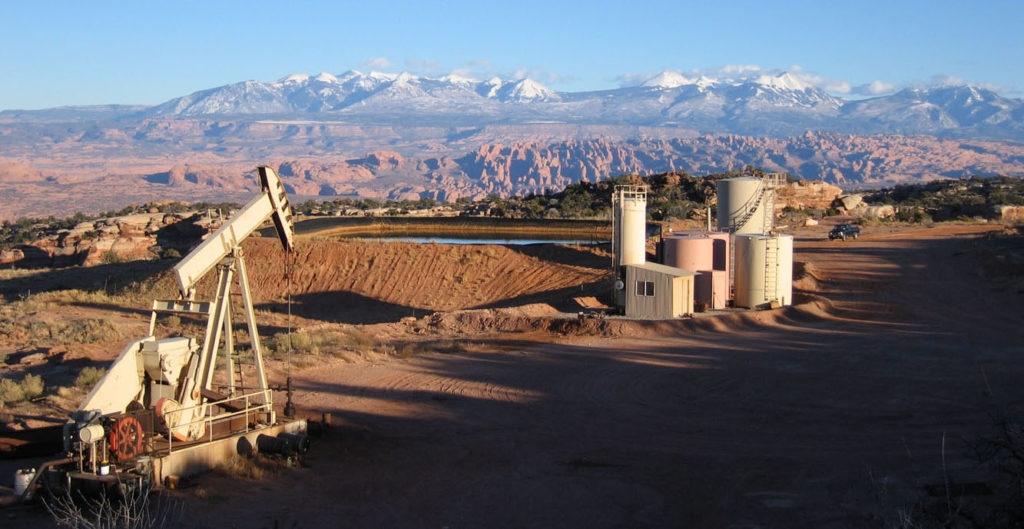Last week, the United Nations’ Intergovernmental Panel on Climate Change (IPCC) released a devastating new scientific report detailing the dire consequences of the ongoing—and worsening—climate crisis. The United Nations Secretary General called the findings “a code red for humanity.” (Read the key takeaways from the report here.)
The IPCC’s report is an urgent call to action and its conclusions are unequivocal: we have already pushed the climate crisis too far and now the only question that remains is how quickly we can act to keep things from getting worse.
Immediately after taking office, President Biden took decisive action to reverse the prior administration’s reckless course on climate, quickly rejoining the Paris Agreement and subsequently committing to achieve a 50-52 percent reduction from 2005 levels of greenhouse gas emissions by 2030. This is an encouraging start, but much remains to be done.
In order to reach its emissions goal, the Biden administration must immediately halt all new oil, gas, and coal leasing on federal public lands. SUWA has called on President Biden to take this crucial step to avert the worst impacts of the climate crisis. According to the United States Geological Survey, producing and burning fossil fuels generates nearly one quarter of the nation’s total carbon dioxide emissions, as well as substantial amounts of methane―an even more potent greenhouse gas.

Fortunately, the Biden administration is listening. The Interior Department has launched a sweeping—and long overdue—review of the federal oil and gas leasing program and will soon release its recommendations for fixing the broken leasing system.
But Washington, DC isn’t a one-horse town; Congress also has to do its part. And that’s where you can help.
Please ask your members of Congress to cosponsor America’s Red Rock Wilderness Act today!
Passage of America’s Red Rock Wilderness Act will grant permanent protection to Utah’s wildest public lands while shielding them from climate destabilizing fossil fuel leasing and development. According to a report released this year, these lands, if kept intact and protected from the threats of such development, can help mitigate the worst effects of climate change. In fact, it’s estimated that passage of the Red Rock bill would permanently keep in the ground greenhouse gas emissions equal to 5.7 percent of the carbon budget necessary to limit warming to 1.5 degrees. These same lands are estimated to currently sequester and store 247 million metric tons of organic carbon.
Thank you!

